At Regus Moolart Wells mining camp mornings and evenings were uncomfortable for most with only a few portable gas bottle heaters to huddle around. All gas heaters are inefficient in open areas as the heat is concentrated under their shields and easily dispersed by breezes. Gas heaters also tend to be left on, so when patrons leave the area, energy is wasted heating empty space. Another problem is that non-flued gas burners pollute the air, limiting the use of blinds to protect an area from wind and rain.
The biggest drawback for the mining camp support team though was that a standard gas bottle only last around 10-12 hours. This meant a daily chore of removing the bottles to top up the gas every morning. It was decided that a better solution must be available and medium wave Heatstrip Max were considered because the Maintenance Supervisor had experience of one at his home. However, he was introduced to Heliosa short wave halogen infrared heaters through discussions with SBH Solutions and following an initial trial was sold on how easy they were to install and how much area could be covered by the one lamp, not to say the lower purchase cost. Short wave halogen infrared heaters have reflectors that project meaningful heat to a wide area – up to 3m to 3.5m distance and 4m to 5m in width. This allows overhead mounting, freeing up the floor space. The heaters are very efficient, for like sunlight, short wave infrared travels loss-free through the air to transfer maximum energy to the target area, and the feeling of comfort is instantaneous the moment the heater is activated.
Moolart Wells camp decided that 12 Heliosa 44 heaters could meet the need of warming the whole outdoor public area evenly. Each lamp consumes 2000 watts, so in terms of regular power prices, this means around $0.70 per hour, significantly less than the $1.80 per hour for a 9 kg gas bottle. And being electric, they have been zoned and placed on timers so as to minimise wastage when the area is not full. So now patrons can instantly activate heaters for their particular zone and keep the heaters running until they leave the area.
Plus, support staff no longer have to fill up gas bottles or worry about bottles running out.
For more information, contact us.


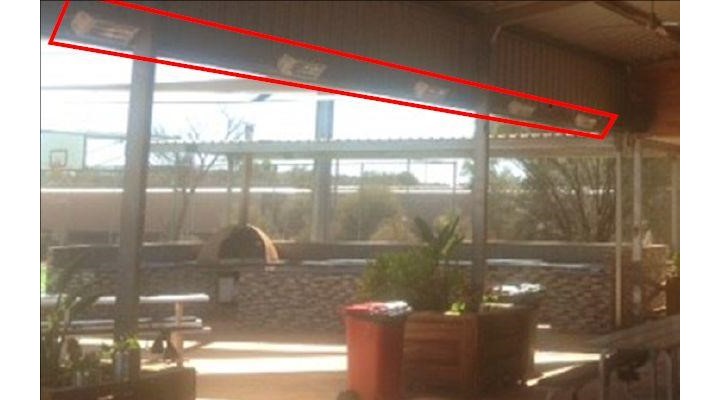
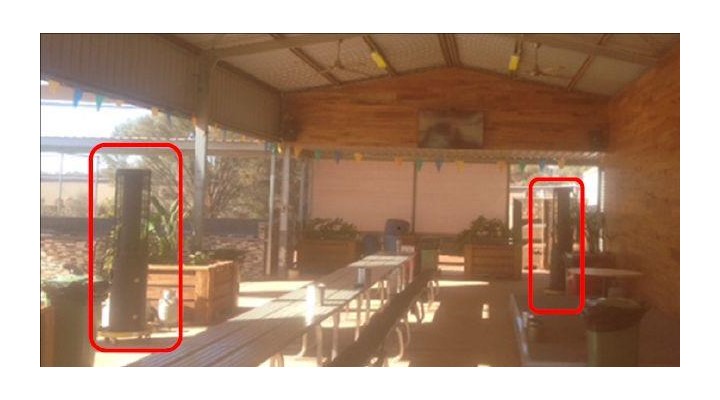
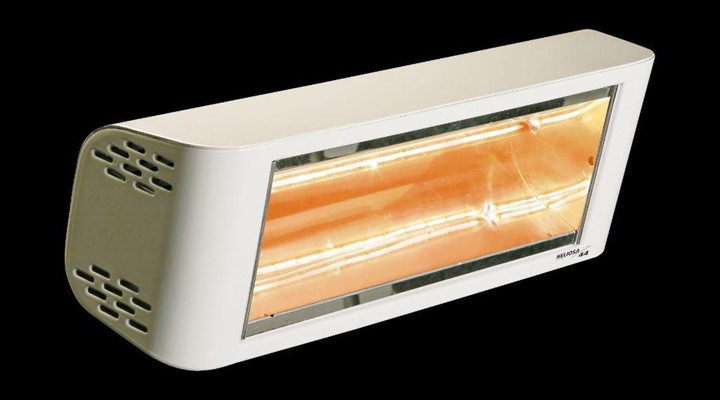


-160x160-state_article-rel-cat.png)

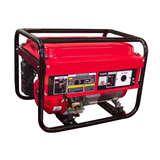




-160x160-state_article-rel-cat.png)
-160x160-state_article-rel-cat.png)




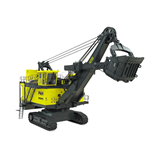







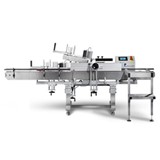

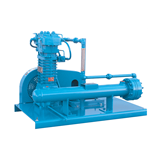


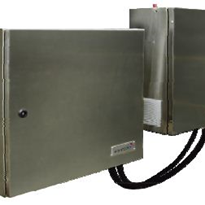
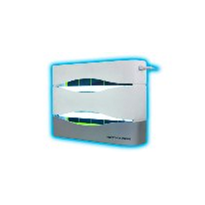

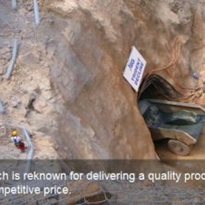



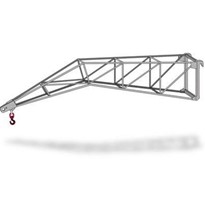
-205x205.jpg)
